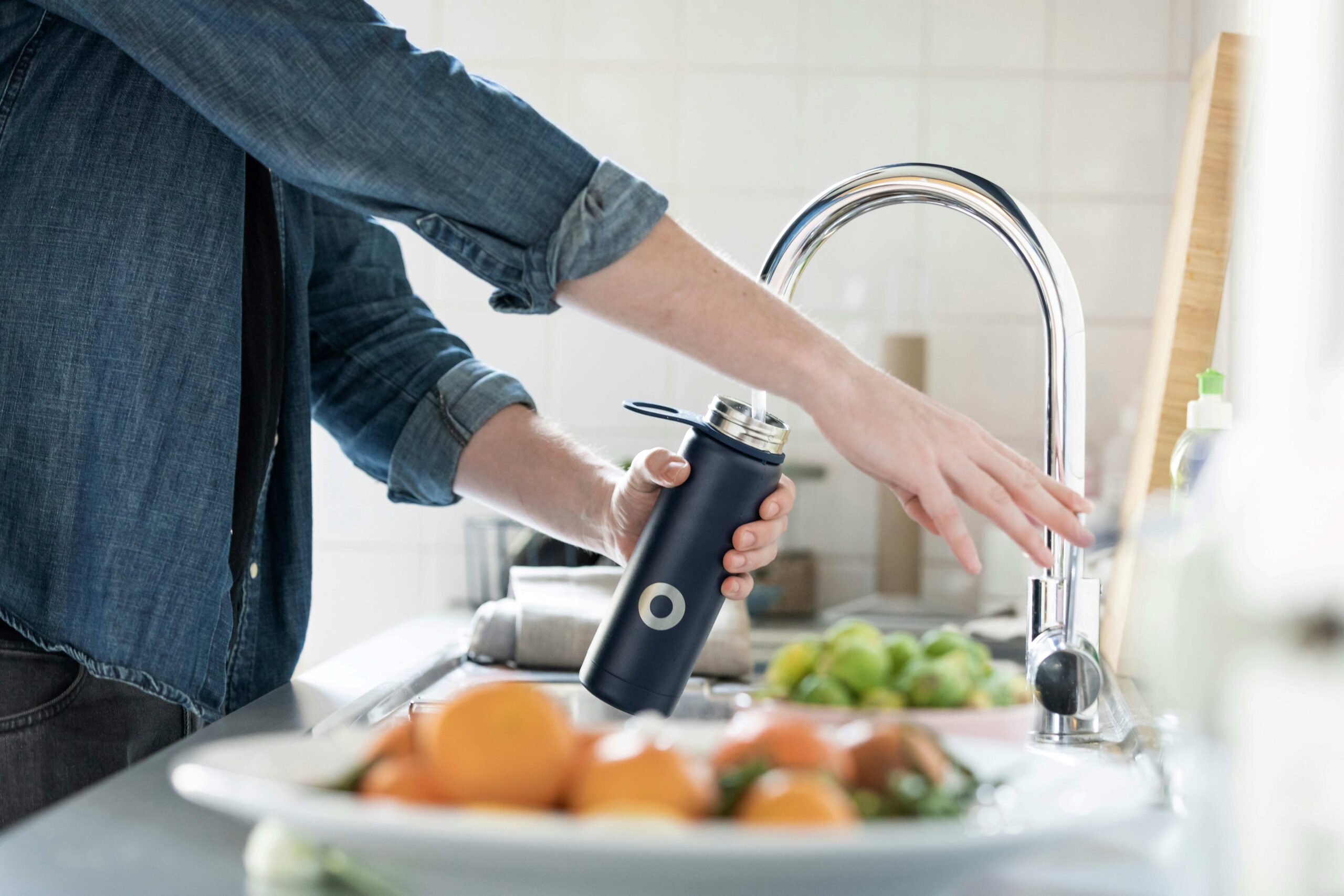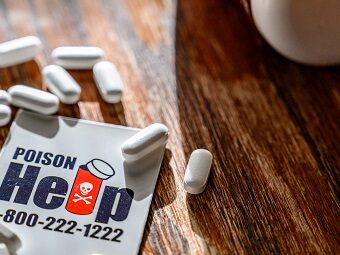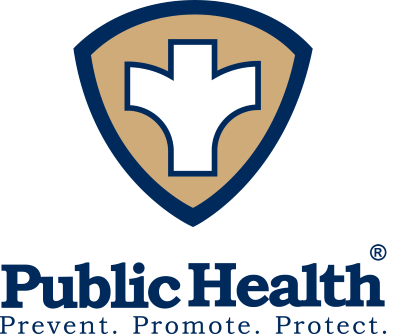
Home Safety
Lead
Lead poisoning is one of the most common and preventable environmental health problems in Missouri. Lead exposure in children can cause learning and behavioral problems, lower IQ levels, and interfere with growth and hearing. The Webster County Health Unit underscores the importance of regular water testing to identify potential sources of lead contamination. The only way to know if a child has lead poisoning is to have his or her blood tested.
The Webster County Health Unit provides screening for lead risk exposure to children between the ages of 6 months to 6 years.
Risk in Webster County
Lead Contamination in Private Drinking Wells
Some private drinking wells in Webster County have been found to contain unsafe lead levels. It’s important to be aware of the health risks associated with lead exposure, especially for children.
Key Points:
- No Safe Level of Lead Exposure for Children: Lead exposure can cause serious health issues, and there is no safe level for children.
- Sources of Lead in Water: Lead can naturally occur in Missouri’s groundwater or enter through lead pipes and fixtures.
Steps to Make Your Water Safer:
- Test Your Water: Free home tests are available from the Webster County Health Unit.
- Filter Your Water: Use filters marked NSF-53 for lead removal. Water pitcher filters or faucet-mount filters are effective for cooking and drinking water.
- Consider Reverse Osmosis (R/O) Systems: These systems are very effective but may require electricity and are more expensive. Look for systems marked with NSF-58.
Health Issues from Lead Exposure:
In Children: Lower IQ, behavior problems, learning disabilities, hearing loss, slow growth, low red blood cells, and abnormal kidney function.
In Adults: Memory loss, mood swings, trouble focusing, headaches, high blood pressure, muscle and joint pain, poor appetite, abnormal kidney function, and reproductive issues.

Additional Information:
- Missouri Department of Health & Senior Services: Provides resources and support for lead exposure and other public health concerns.
Missouri Poison Center
When to Call the Poison Center
If you suspect someone has been exposed to a poison, it’s crucial to act quickly. The Poison Center provides expert medical guidance 24/7. Here are some situations when you should call:
- Ingestion of Poison: If someone has swallowed a potentially harmful substance, such as medications, household chemicals, or plants.
- Inhalation of Poison: If someone has breathed in toxic fumes or gases.
- Skin Contact with Poison: If a harmful substance has come into contact with the skin.
- Eye Exposure to Poison: If a chemical or other harmful substance has gotten into the eyes.
- Unknown Substance Exposure: If you are unsure whether a substance is poisonous but suspect it might be.
Emergency Symptoms: Call 911 immediately if the person is unconscious, having difficulty breathing, or experiencing seizures.


